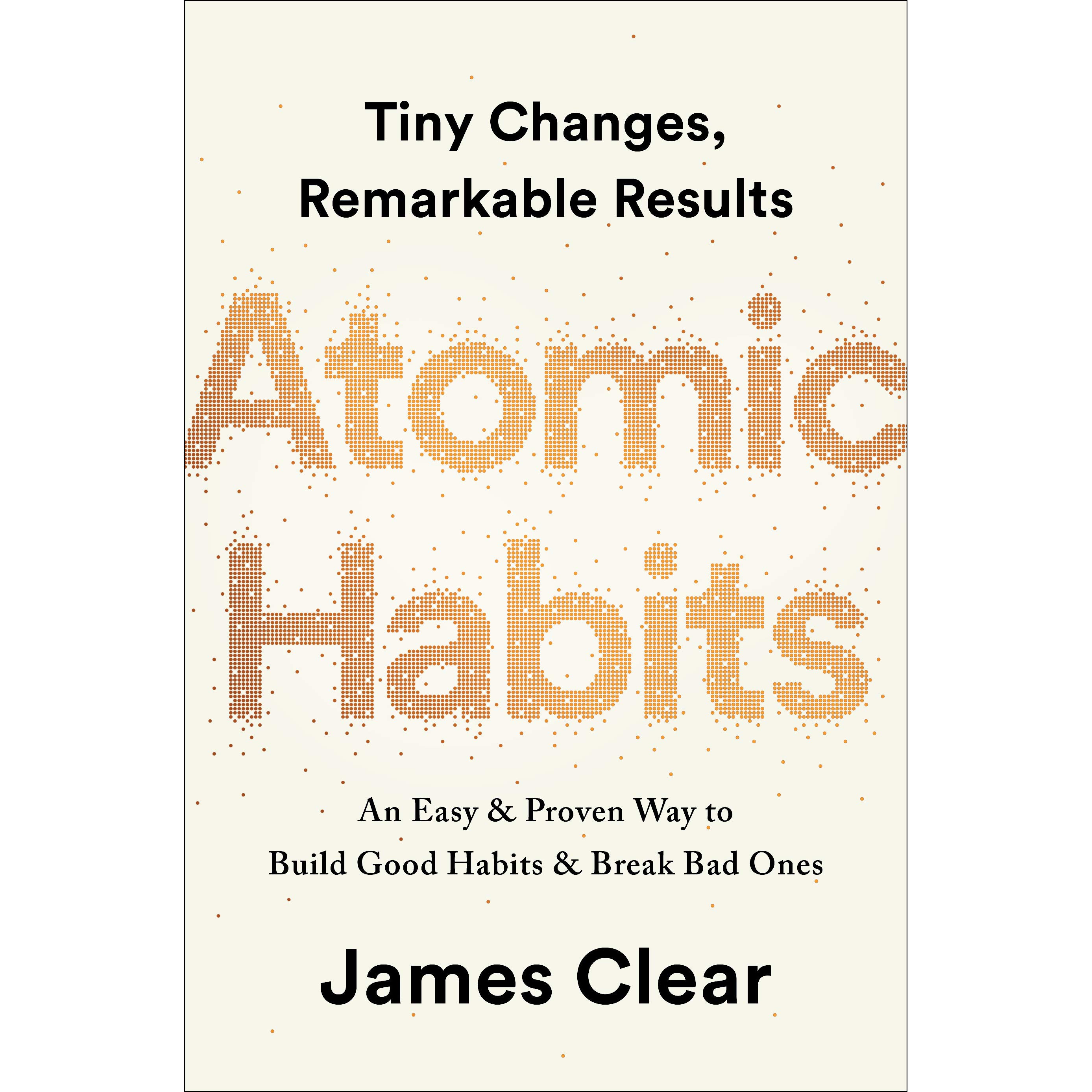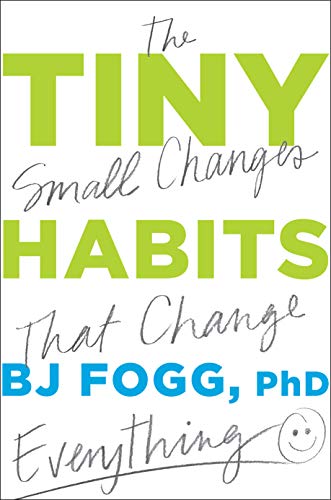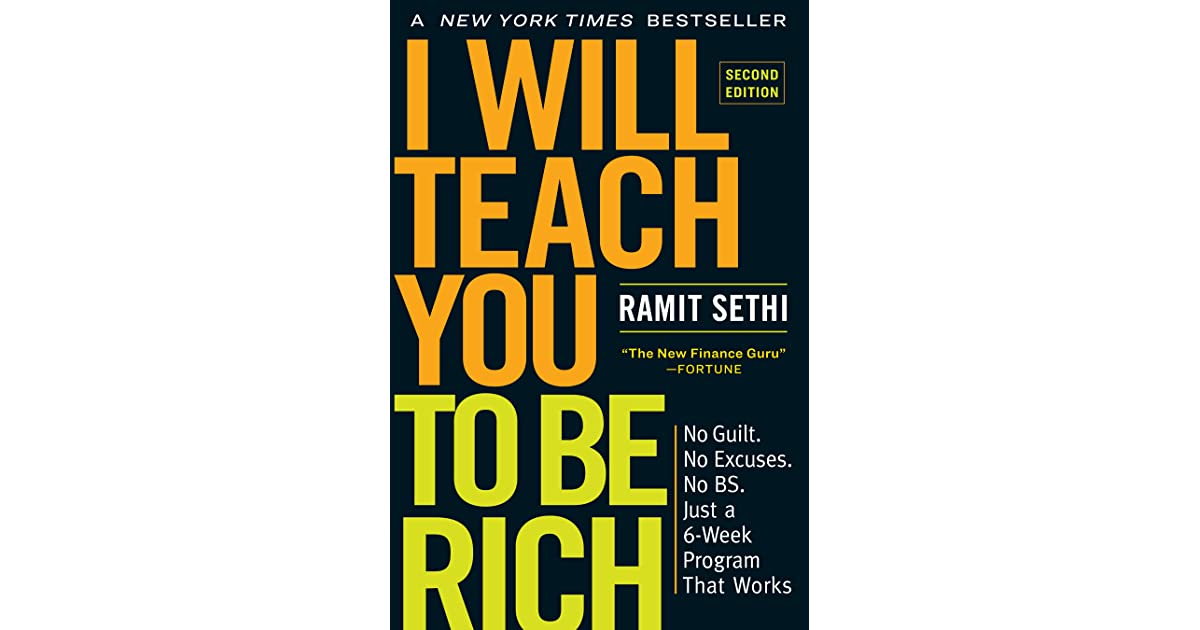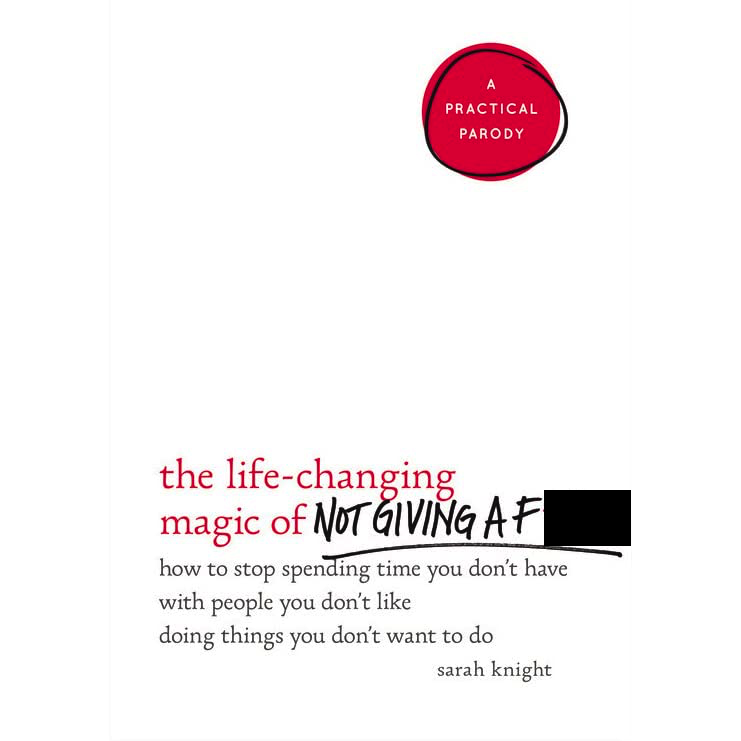Have you ever tried to just change you who you are in an instant? I think we all have. We’ve all seen versions of people having life-changing epiphanies on TV, and thought, “Just maybe…” and gone into our rooms and screamed into a pillow, “I have eaten my last Oreoooooooo!” while beating our chest and laughing maniacally (or something like that).
So we should all know by now that that shit doesn’t work. But we don’t. We still have this idea that our lives will get better in one magical instant, and of course they never do. They get better for like 8 minutes, and then the high wears off, and we’re back to deep-throating that double stuff goodness (Oreos, to be clear. I’m talking about Oreos).
In fact, it’s habits that are the most important type of activity in your life. Big, drastic, radical shifts are exciting, and may feel like they’re the big momentous barriers to overcome for you to start leading a better life, but in truth, they’re mostly just something to pretend is important while you scream and clap at a $10,000 seminar you paid like $9,950 too much for.

Drastic changes wear us out, and fade away, and ultimately return to being a phony ideal of what our life should be like. Doing small things differently, and consistently, however, is fucking awesome, and the real difference-maker.
As James Clear says early on in his book “Atomic Habits,” habits are the compounding interest of self improvement. If you consistently put in the work on something, and improve 1% every day, months later, you’ll have gone from incompetent fucking idiot to superstar (according to my math, at least).
Because habits are, by definition, daily activities, they’re the change you make in your life that involves the greatest amount of actually doing something different. If this is your focus, then you’re on the right track to making your life not quite such a dumpster fire, because you’re habitually putting that fire out a little every day, and you’re starting to like how the burning dogshit smell is dissipating.
Change the Entire System of You
In light of this, the book stakes its difference between it and other self-improvement books on one big change in perspective. It advocates not for making goals, or worrying that much about results. Instead, it advocates for changing who you are. It advocates for changing the systems by which you function, rather than just saying, “I want to drive a spaceship!” and wishing a lot, and then getting angry when the universe doesn’t bring you a spaceship.
So you’re not trying to lose twenty pounds. Instead your focus is on becoming a person who makes healthy choices and exercises. The idea is that if you succeed at becoming this person, the results will come.
This is all great in theory. It’s healthier mentally (given that you then won’t be all butthurt when you don’t reach your goals in three days), and will ensure that you’ll keep being a better person regardless of what happens if you can actually instill this mentality.
The problem is getting people to actually be on board with the idea in the first place. If you get people to not focus on the end result they want, they’re a lot more likely to say “fuck it” forty seconds into accomplishing their goal and quitting.
Unfortunately, most of us suck at maintaining motivation as it comes from the idea of simply being a better us. We need our shitty superficial goals like, “getting abs” or “owning a Bentley” or “not hating my stupid face,” to keep us motivated. As soon as we find out that the idea of “intrinsic improvement” involves actually doing things, we tend to reply to that with, “Yeah, I think I’m gonna do some intrinsic Mario Kart and jerking off instead.”
Resigning to be a better you is the best way to go for your goals, but the sad truth is many people will never go for anything on this basis, because well, people have this bad habit of generally sucking, and wanting the happy result now.
The result of this is that this book will likely not do much for you if you’re not ready to stop sucking. But to be fair, that’s the result of any self-improvement book. There is no way around requiring effort. There is no butler for personal development.

So let’s pretend you’re ready to stop sucking, and look forward at the book’s main four laws of starting good habits (of note: each law comes with inverse rules for breaking bad habits).
Atomic Habits Four Laws of Habits
1) Make it Obvious: Put your new habit in front of your face as much as possible, and put up barriers between you and your bad habits. Increase awareness of your actions, so your good habits smack you in the face every day, and your bad habits are somewhere under your bed, ready to be forgotten.
An example Clear gives is a change in behavior of Japanese subway conductors. They started pointing and calling out every action they were doing on the subway rather than just pressing buttons or relying on their old habits.
This made them more aware of what they were doing, and as a result, well, people stopped getting hit by trains so much. Forcing yourself to become aware of your habits, and what you’re doing is perhaps the most important part of this book. It’s the most important building block of human behavior.
So I don’t want to say that next time you’re at Souplantation you should point at the pizza and soft-serve and loudly say, “No,” but I’ve heard worse ideas.
2) Make it Attractive: Make your new habit as appealing as possible, and your old bad habit as unappealing as possible. This can involve a lot of rewards, and punishments, if you can find ways to build them into your habits.
This can look like putting money in a cash jar for every time you don’t buy cigarettes, or punching yourself in the dick every time you do (or more likely, looking at what lung cancer looks like).
3) Make it Easy: Do everything you can to simplify your good habits, and make your bad habits difficult to execute. Put yourself in a position where all you have to do is a little bit more to start doing the right thing.
One example the book gives is in just starting to go to the gym before you even put pressure on yourself to work out. The bet is that once you walk in the door, you’ve already made it there, and that’s half the battle. And while at first you can just kind of stretch, adjust your headband, and leer at the hotties, you’re likely to actually put in the work soon.
4) Make it Satisfying: Set up rewards systems for your good habits, and punishments for your bad. This one, to be fair is kind of repetitive with number two.
This involves maintaining a lot of outward punishments for bad behavior and self-given rewards for good behavior. The danger of course is that you’ll do what most of us would do here, and just start piling up rewards without earning them until you’re like, “Wow, I got out of bed. I deserve the reward of lying back down in my bed.”

But again, this will do nothing for you unless you’re ready to not suck.
General Rules for Specific You
These rules are crucial. They can change lives if you’re able to apply them to the areas where you want to improve your life. These rules can change everything about the way you view your habits, and therefore the way you interact with your habits…
…maybe.
If you can think of ways to apply these rules to your extremely specific situation, you’re in good shape. But if you can’t think of a way to do it, or if you can’t muster the willpower to apply the rules in a meaningful way, or your way of “making it obvious” isn’t obvious enough because you’re busy scrolling through the timeline full of memes and bikinis, none of these rules will work for you.
This isn’t to be blamed on the author himself. This is a problem universal to all of self-improvement. You have to speak in broad generalities for it to make sense to more than, like, five people, but in doing so, you lay out rules that have to apply to literally infinite situations. And applying anything that broadly to the minute specifics of someone’s life is impossible.
After all, the book can’t exactly fill a whole chapter about how Roy specifically should stop getting Cool Ranch Doritos from his vending machine. So what is Roy to do? How does he make that difficult? How exactly is Frankie supposed to make kicking his heroin habit “appealing?” How does Jeanie make not being a dick to her daughter-in-law “difficult” when her daughter-in-law says so much stupid bullshit?
People will inevitably be left in the dust on this, and that’s okay.
The real point of Atomic Habits–of all books like this–is that it gets you thinking about how you approach your habits. It makes you aware of what goes into a habit, and how changing it can improve your life, and provides some ideas on how to do that.
In this sense, Atomic Habits is a big success. It provides a small dose of positive ideas that you can kick around and keep in mind for the future. It gets you thinking about what you should be thinking about. It gives you tools to keep in mind for how maybe you’ll look into not being a piece of shit some day.
So check out Atomic Habits…especially if you’re really ready to not suck.






